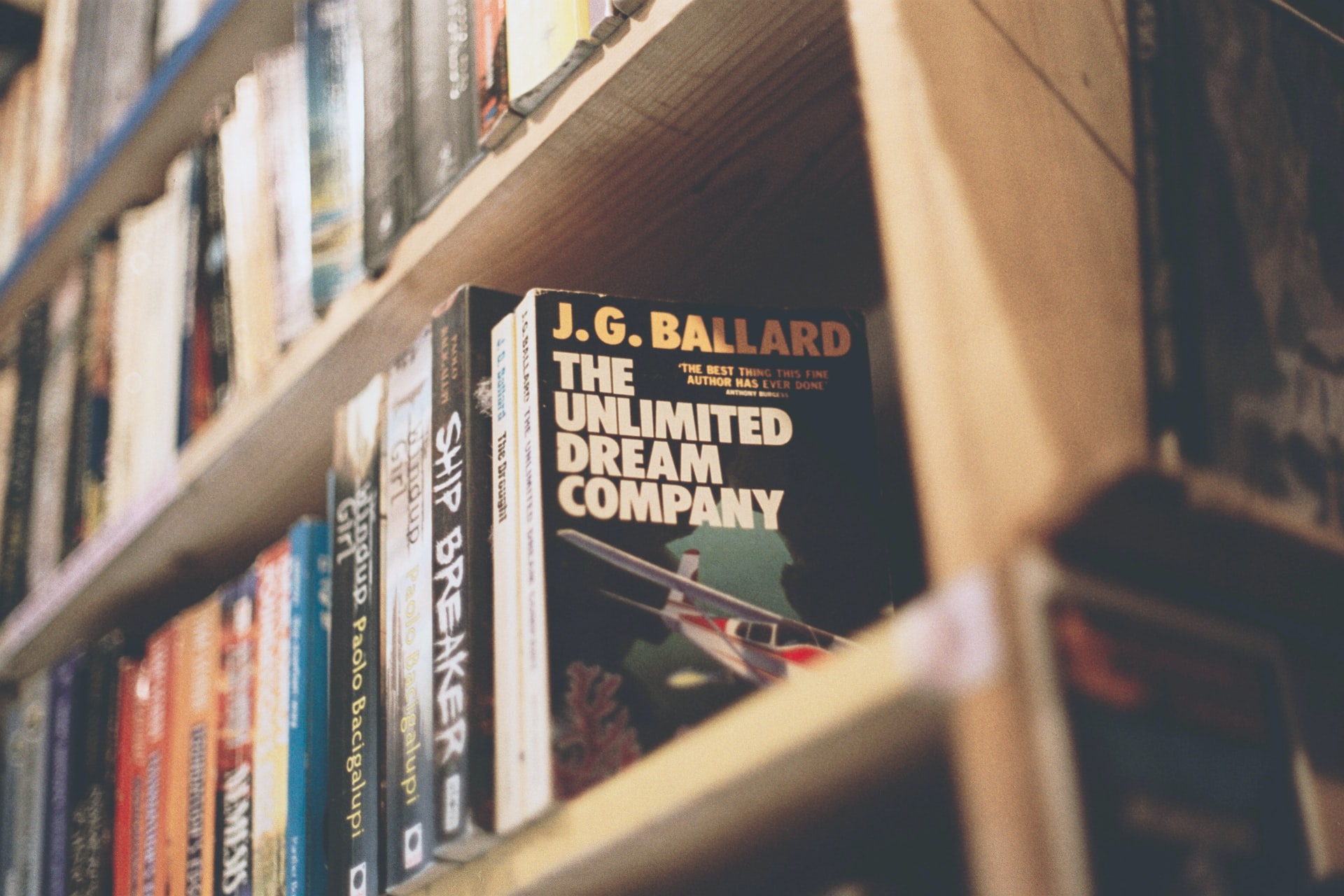
Fiction covers vast multitudes, from the exquisitely crafted prose of Henry James to Edgar Allan Poe’s page-turners, or, more recently, to the sub-genres known as pulp fiction or chick lit for instance.
Online resources are numerous and varied. Here’s a selection (highly personal) of fiction-related links which may be of help.
- The Norton Anthology of English Literature
- Short stories by Katherine Mansfield (a must!)
- The, to me, single most important novel in English literature, Tristram Shandy
- For contemporary fiction, check out Granta magazine (available from the Médiathèque José Cabanis as well) : this is where the most cutting edge stuff is published
- Another good source is The New York Times Book Review , which publishes an annual list of good reads
But ultimately, nothing beats browsing down the aisles of a well-stocked library : the BUC and the Centre de Langues are excellent resources, staffed by very friendly librarians : don’t be afraid to ask!
Margaret Atwood, a writer whom I admire more and more, had this to say to The New York Times on the subject of the fiction she read at your age :
Tell us about your favorite short stories.
I’m of an age to have grown up on paperback anthologies of great literary short stories by the masters of the form, so I was reading Hemingway, Katherine Mansfield, James Joyce, William Faulkner, Morley Callaghan, Katherine Anne Porter, John Updike and their generation when I was still in high school. I was also reading the first Robert Weaver anthology of Canadian short stories — it contained, among other little-known gems, the remarkable James Reaney story “The Bully.” Weaver was instrumental in the development of the short story in the Canada of the ’50s and ’60s, through his CBC Radio program, “Anthology.” He was the first “publisher” of many young Canadian poets and short story writers, Alice Munro among them.
But I was also reading — as one does when young and avid — a lot of “horror,” of the likes of Poe, M. R. James, Robert Louis Stevenson and Sheridan Le Fanu. (You could do worse.) In addition to which I was reading sci-fi, including Ray Bradbury’s “Martian Chronicles,” which is a collection of stories. And Sherlock Holmes, of course.
So what do we mean by “favorite?” In which mode? It’s very hard to choose.
Shall it be mythic realism, like Faulkner’s “The Bear” or Hemingway’s “Three-Day Blow?” Shall it be Alice Munro, Mavis Gallant, or one of a large number of younger practitioners, such as “Birds of America” story writer Lorrie Moore, or Kelly Link (“Get in Trouble”), or Lynn Coady (“Hellgoing”)?
Gogol? Chekhov? Flaubert? De Maupassant? Or such masterpieces of the weird as “Whistle and I’ll Come to You” (M. R. James), or “The Turn of the Screw” (Henry James), or “The Martian” (Ray Bradbury)?
So much to read. So little time.